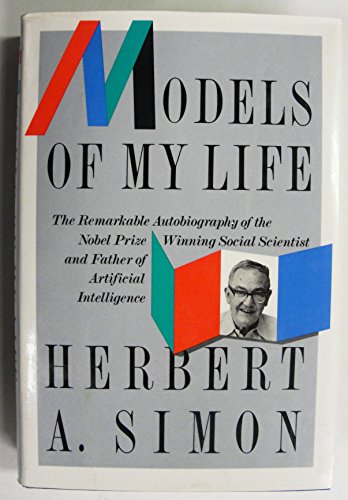Synopsis
The author reviews his life as a Nobel laureate in economics and his role as the father of artificial intelligence and asks himself how his life as a scientist helps explain his own behavior
Review
-- Sherry Turkle, "New York Times Book Review" " As much as any one person, Herbert A. Simon has shaped the intellectual agenda of the human and social sciences in the second half of the 20th century .... For many readers, Mr. Simon's view of human endeavor, of love and of work, will seem emblematic not of the pre-Freudian rationalism-that-was but a new, sleeker, rationalism-to-be -- a rationalism purged of utopian excess, committed to empirical studies, and wedded to the most modern technology." -- Sherry Turkle, "New York Times Book Review" & quot; As much as any one person, Herbert A. Simon has shaped the intellectual agenda of the human and social sciences in the second half of the 20th century .... For many readers, Mr. Simon's view of human endeavor, of love and of work, will seem emblematic not of the pre-Freudian rationalism-that-was but a new, sleeker, rationalism-to-be -- a rationalism purged of utopian excess, committed to empirical studies, and wedded to the most modern technology.& quot; -- Sherry Turkle, New York Times Book Review "As much as any one person, Herbert A. Simon has shaped the intellectual agenda of the human and social sciences in the second half of the 20th century .... For many readers, Mr. Simon's view of human endeavor, of love and of work, will seem emblematic not of the pre-Freudian rationalism-that-was but a new, sleeker, rationalism-to-be--a rationalism purged of utopian excess, committed to empirical studies, and wedded to the most modern technology."--Sherry Turkle, "New York Times Book Review"
"About this title" may belong to another edition of this title.
